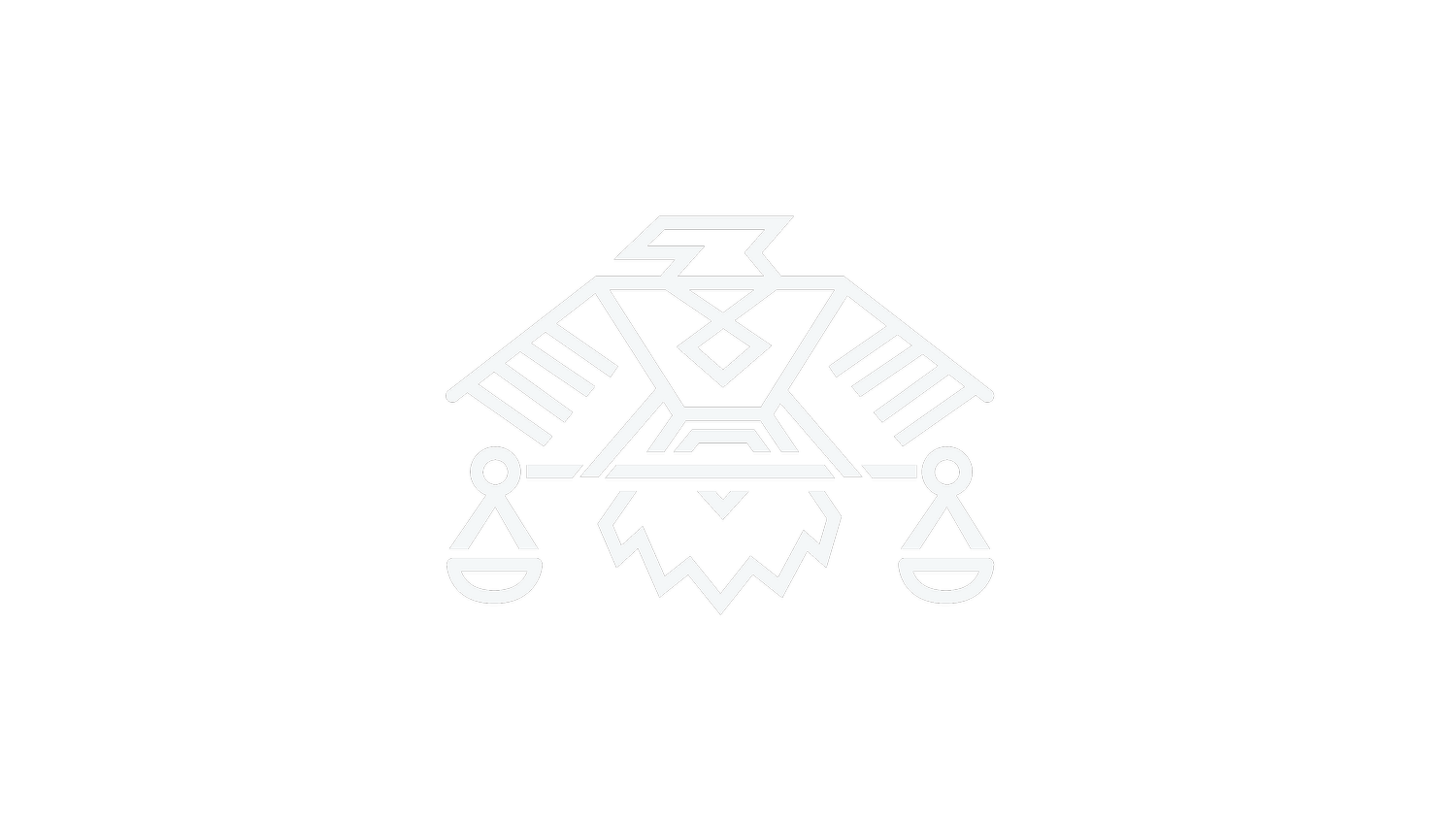THE IBA CONGRATULATES THE INDEPENDENT ADVISORY BOARD MEMBERS FOR SUPREME COURT OF CANADA APPOINTMENTS
OTTAWA, ONT – The Indigenous Bar Association in Canada (“IBA”) congratulates the eight appointees to the Independent Advisory Board ( the “Advisory Board”) who are responsible for identifying candidates to fill the Supreme Court of Canada (“SCC”) vacancy created by the retirement of Justice Russell Brown.
The IBA was pleased to again be able to nominate a member to the Advisory Board. In particular, the IBA offers our deepest congratulations to IPC Jean Teillet (Pape Salter Teillet LLP), Georgina (Gina) M. Nagano (House of Wolf & Associates Inc.), and Bianca Kratt (Parlee McLaws LLP) on their appointments. The other members of the Advisory Board include: The Honourable H. Wade MacLauchlan (former Premier of Prince Edward Island), Reem A. Bahdi (Dean of the Faculty of Law at the University of Windsor), the Honourable Richard J. Chartier (former Chief Justice of Manitoba), Erin M. S. Kleisinger (McDougall Gauley LLP), Carol Anne Lee (co-founder and Chair of the Vancouver Chinatown Foundation),
“We congratulate all members of the Independent Advisory Board on their appointments and, in particular, applaud the Prime Minister for appointing three Indigenous women to this Board.” said IBA President Drew Lafond.
Ms. Teillet has long served Métis and First Nations communities in negotiations and litigation concerning land rights, harvesting rights, and self-government. She served as counsel before all levels of court, including as lead counsel in R. v. Powley, the landmark Supreme Court of Canada decision which affirmed constitutional protection of Métis harvesting rights. Jean was a founder of the Métis Nation of Ontario and the National Aboriginal Law Moot. She sits on the MMIWG Federal Sub-Working group. Jean is a frequent author and lecturer on issues surrounding access to justice, Indigenous rights, identity, and history. She is also the great grandniece of Métis leader Louis Riel.
Ms. Nagano is a Tr’ondëk Hwëch’in First Nation Beneficiary and Citizen. She is of the Wolf Clan from Dawson and presently resides in Whitehorse, Yukon. Gina retired from her first career as a Sergeant after serving 21 years of service with the Royal Canadian Mounted Police. She has a diverse background in policing and served as operational and administrational police officer within the RCMP and within many Aboriginal communities in Canada as a Community Safety Specialist. She has extensive experience working with community safety and security initiative implementations, and other programs/services linked to justice including criminal justice, family and child welfare, community and land-based healing, restorative justice principles, administration of justice negotiations and practices.
Ms. Kratt, a native of Quebec City, is a bilingual lawyer with extensive experience in commercial, banking, and real estate law. Bianca is a member of the Huron-Wendat First Nation, whose reserve is located at Wendake, a small urban reserve located near Quebec City. She has served as an Executive Member of the Canadian Bar Association, Alberta Branch, since 2019 and in that capacity, she is the Past-President. She also volunteers with the Association of French Speaking Lawyers of Alberta (AJEFA) aimed at promoting access to justice in French, and with the International Association of Women Judges, Canadian Chapter, to bring awareness to inequalities women face in the legal profession and to empower women in leadership roles.
The IBA has long advocated for increased representation of Indigenous voices at all levels of court—including the Supreme Court of Canada—because it is important for Indigenous Peoples to see themselves represented in the judiciary. It is just as important to foster a greater understanding of the diversity of Indigenous law and legal orders within Canada. It is essential that Canadian courts—and in particular Canada’s highest court—begin to better reflect the diversity of Canadian society and the legal orders that make up Canada today, including common law, civil law, and Indigenous law, legal orders, and traditions. In furtherance of this, the IBA sees the appointments of Ms. Teillet, Ms. Nagano, and Ms. Kratt, Indigenous women who come from various Indigenous Nations within Canada, as critical to advancing a deeper understanding of the diversity of Indigenous laws and legal orders within Canada.
“The appointment of the Honourable Michelle O’Bonsawin in 2022 was a landmark moment for Indigenous Peoples across Canada,” said President Lafond. “For the first time in the Court’s 150- year history, there is now an Indigenous person on Canada’s highest court. Yet, just as it would be unthinkable for only a single woman jurist on the SCC, that is still reality for Indigenous representation in 2023. This vacancy represents another opportunity for Canada to demonstrate its commitment to increasing diversity in the judiciary and – for the first time – select a second Indigenous jurist.”
The IBA is the national association of Indigenous (First Nation, Métis, and Inuit) lawyers (practicing and non-practicing), legal academics and scholars, articling clerks and law students, including graduate and post-graduate law students and paralegals in Canada. The IBA’s mandate includes, inter alia, advocating for the recognition of Indigenous laws, legal traditions, protocols and process; promoting the reform of policies and laws affecting Indigenous peoples in Canada; and fostering public awareness within the legal community in respect of legal and social issues of concern to Indigenous peoples in Canada.

